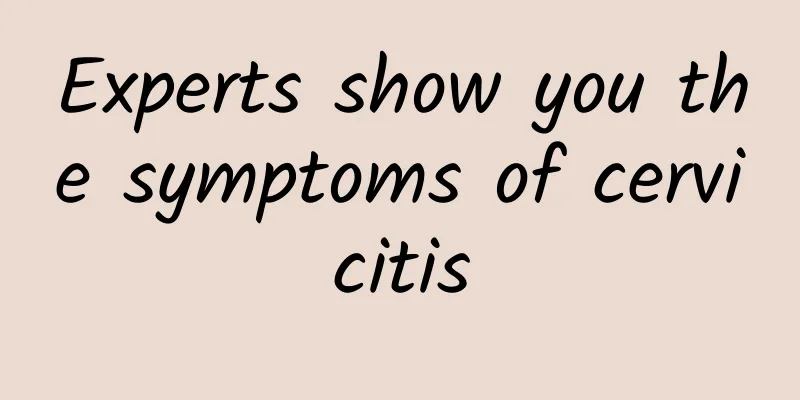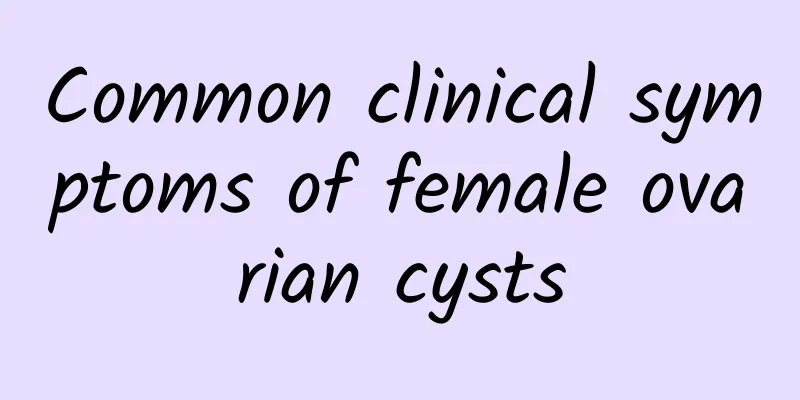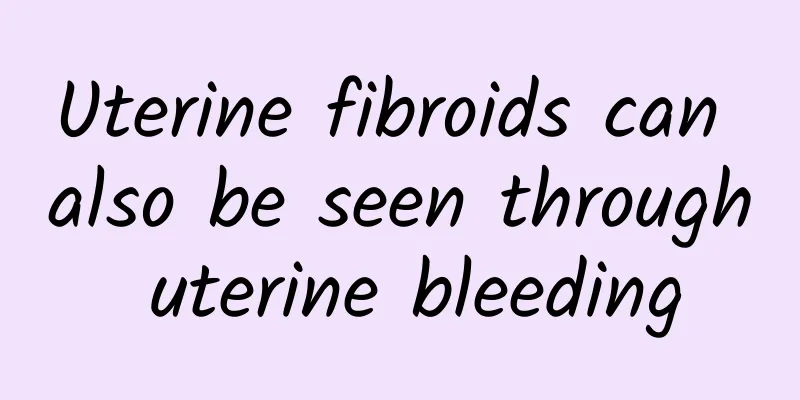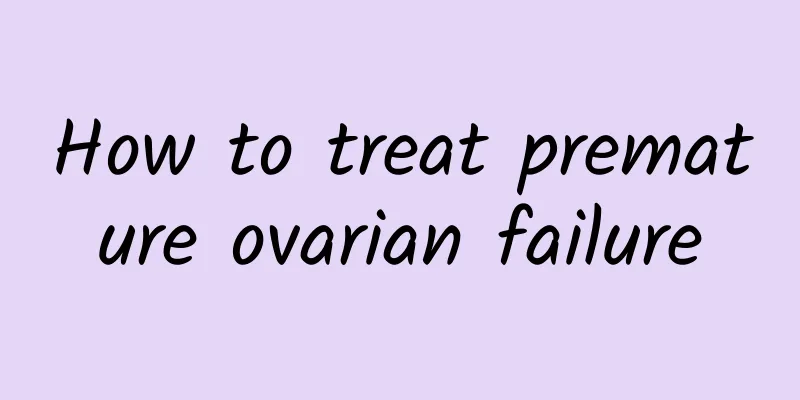What medicine should I take to treat uterine fibroids? What medicine is effective for uterine fibroids?
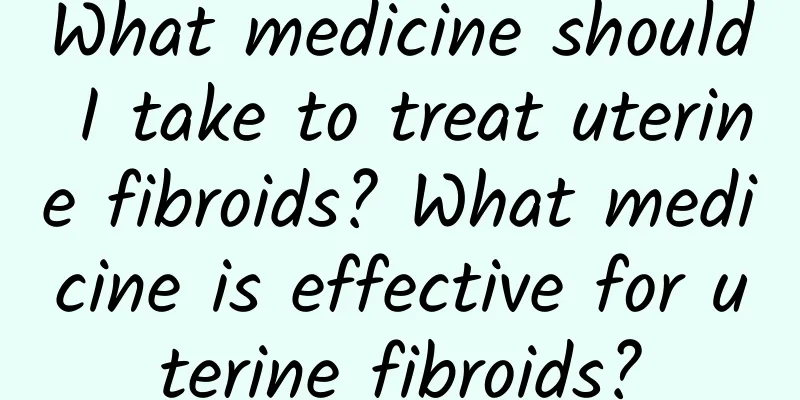
|
What medicine should be taken to treat uterine fibroids? This is a question often asked by many women with uterine fibroids. Uterine fibroids are a common gynecological disease. They are formed by the proliferation of smooth muscle cells in the uterus, which can cause symptoms such as irregular menstruation and dysmenorrhea. In severe cases, they may also cause infertility. In the process of treating uterine fibroids, drug therapy is a common method. So, what medicine is effective for uterine fibroids? At present, drugs for the treatment of uterine fibroids can be divided into two categories: hormonal drugs and non-hormonal drugs. Hormonal drugs mainly relieve symptoms and control the growth of fibroids by regulating female hormone levels. Commonly used hormonal drugs include estrogen and progesterone, such as estradiol and progesterone. These drugs can help relieve symptoms such as irregular menstruation and dysmenorrhea, and help reduce the size of fibroids. However, hormonal drugs also have side effects, such as breast tenderness, menstrual disorders, mood swings, etc., so they need to be used under the guidance of a doctor. Another type of non-hormonal drug is used to treat uterine fibroids by inhibiting their growth and causing them to shrink. The most commonly used non-hormonal drugs are oral long-acting receptor modulators (GnRH-a), such as dehydroandrostenone. These drugs can reduce the secretion of estrogen, thereby inhibiting the growth of fibroids and shrinking them. They are usually used in pre-operative treatment to reduce the difficulty of surgery and the amount of bleeding. In addition to the above drug treatments, traditional Chinese medicine is also widely used in the treatment of uterine fibroids. Traditional Chinese medicine improves the blood circulation in the body, promotes the absorption and excretion of fibroids, and alleviates related symptoms. Among the common traditional Chinese medicines, safflower, angelica, Chuanxiong, etc. have the effect of promoting blood circulation and removing blood stasis, and can be used as an auxiliary treatment for uterine fibroids. Drug treatment for uterine fibroids should be carried out under the guidance of a doctor. Usually, hormonal drugs and non-hormonal drugs are the main treatment options. Hormonal drugs can relieve symptoms, but they have more side effects; non-hormonal drugs can inhibit the growth of fibroids, but the effect on relieving symptoms is relatively weak. Chinese medicine, as an auxiliary treatment method, can also help relieve symptoms and promote the shrinkage of fibroids. When it comes to treating uterine fibroids, the specific circumstances of each patient are different. Therefore, when choosing drug treatment, you should follow the doctor's advice. Only through scientific and standardized treatment can you effectively control the disease and improve your quality of life. |
Recommend
Analysis of the causes of irregular menstruation
Irregular menstruation is a symptom of most women...
What are the hazards of candidal vaginitis to patients
The incidence of candidal vaginitis is getting hi...
Is it expensive to treat bacterial vaginosis?
The cost of treatment in different hospitals is a...
Patients with cervicitis should pay more attention to early signs
At present, more and more women in my country suf...
What is the nursing method for endometrial tuberculosis?
How to care for endometrial tuberculosis? This is...
Expert introduction: Pre-pregnancy check-up can prevent ectopic pregnancy
Regarding the prevention of ectopic pregnancy, th...
What are the symptoms of multiple uterine fibroids? Are multiple uterine fibroids serious?
What are the symptoms of multiple uterine fibroid...
What is the reason for having menstruation once every two weeks? What should I do?
Menstruation once every two weeks is usually a ma...
What to eat to make uterine fibroids disappear What to eat to make uterine fibroids smaller
What to eat to make uterine fibroids disappear Wh...
What is the effect of menstruation on uterine fibroids? Is menstruation good or bad for uterine fibroids?
What effect does menstruation have on uterine fib...
Where can I get better treatment for uterine effusion?
Where can I get a good treatment for uterine effu...
Treatment of pelvic inflammatory disease in female patients should be comprehensive
Women should know that pelvic inflammatory diseas...
The pigs are overcrowded! Taiwan Sugar: Pork prices have dropped sharply, so you can eat pork with peace of mind
Taiwan Sugar Corporation said that due to the new...
What causes adnexitis?
Adnexitis refers to inflammation of the fallopian...
What are the symptoms of pelvic inflammatory disease in women
What are the symptoms of pelvic inflammatory dise...

